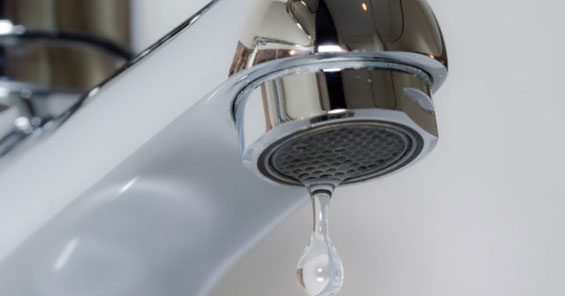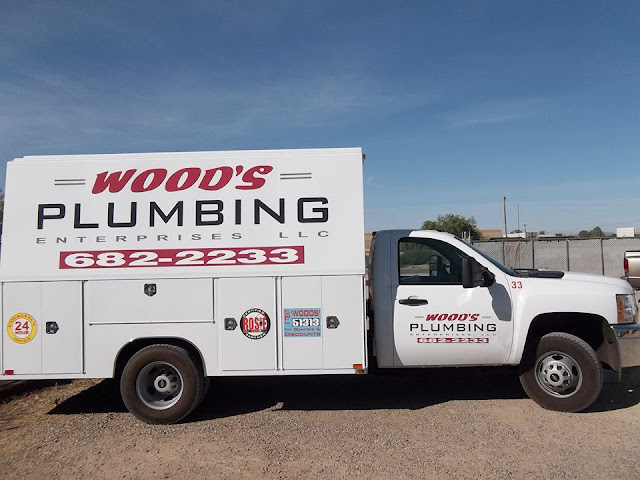How To Detect Plumbing Leaks And How To Fix It
Plumbing Leaks
101
When most people envision a plumbing leak,
they picture gushing water and other obvious signs that they need to call their
plumber immediately. However, many plumbing leaks are much harder to detect and
go on for extended periods of time before you even know that they are there.
That’s why it’s important to pay attention to the signs of leaks that may seem
small and insignificant, and to call your residential plumbing service as soon
as possible. Whether you have a water leak or a gas leak, the damage can be
substantial, and the longer the leak lasts, the more costly—and even
potentially dangerous, in the case of a gas leak—it can be for your family.
Here is what every homeowner needs to know about plumbing leaks, including how
to spot them and what to do when they occur.
What
causes plumbing leaks?
There are several different things that can cause a plumbing
leak, and often, you won’t know the exact cause until the repairs are
completed. Oftentimes, wear and tear play a big part in leaks. Corrosion,
weakened pipes and joints, and broken seals are all common causes of leaks that
can occur over time. If you have old plumbing pipes, the chances of one of
these issues occurring increases, so be on the lookout for symptoms of a leak.
Excessive water pressure is another potential trigger for leaks, since it can
damage faucets and pipes.
Sometimes, external causes are to blame for a leak. For
example, tree roots can grow into underground pipes and cause a leak. Rapid
changes in temperature can also be a problem. This is especially true of
freezing weather, in which the water in pipes may contract and expand in rapid
succession, causing damage.
What are
the most common signs of a plumbing leak?
The symptoms of plumbing leaks are different for gas lines
and water lines. The one indicator that they do share is an increase in utility
bills. When you have a water leak, your water bill will increase without any
clear reason why. Similarly, a gas leak will cause your gas bill to increase
for no discernable reason.
In terms of water leaks, listen for the sound of rushing
water. If it sounds like water is running in your home, but no faucets or
appliances are turned on, then you may be hearing a leak behind a wall.
Dripping faucets and running toilets are also clear indicators of leaks. When a
leak has been present for an extended period of time, you are likely to
encounter damp spots and see mold or mildew growing on walls and floors. Your
flooring may even become uneven, or you may detect soft spots on floors and
walls. In some cases, there may not be any outward signs of water damage, but
you may notice a strong, musty odor in your home.
Gas leaks have far fewer outward signs. The most prominent
symptom you’re likely to notice is a rotten egg smell. This odor is added to
gas, which itself is odorless, to alert people when a leak is present. If the leak is in a line outside of your
home, then you may also notice that there are brown spots or dead spots on your
lawn.
What
should I do if there is a plumbing leak?
A gas leak is a potentially dangerous situation. If you
suspect that you have a gas leak on your property, turn off the gas at the main
supply, and get out of your home. Once you’re in a safe place, call your gas
company and plumbing service.
If you have a water leak, fast action is important for
minimizing water damage in your home. If you know where the water leak is, turn
off the water supply to that appliance. If you don’t, turn off the main water
supply. Once the water supply is off, call your residential plumbing service,
who can come out, locate the leak, and perform the necessary repairs.
When you need residential plumbing services, choose Wood’s
Plumbing. We offer trustworthy technicians, affordable pricing, and no weekend
or overtime charging for plumbing jobs both large and small. Call our
experienced team at (520) 682-2233 when you need residential plumbing services
in Tucson.




Comments
Post a Comment